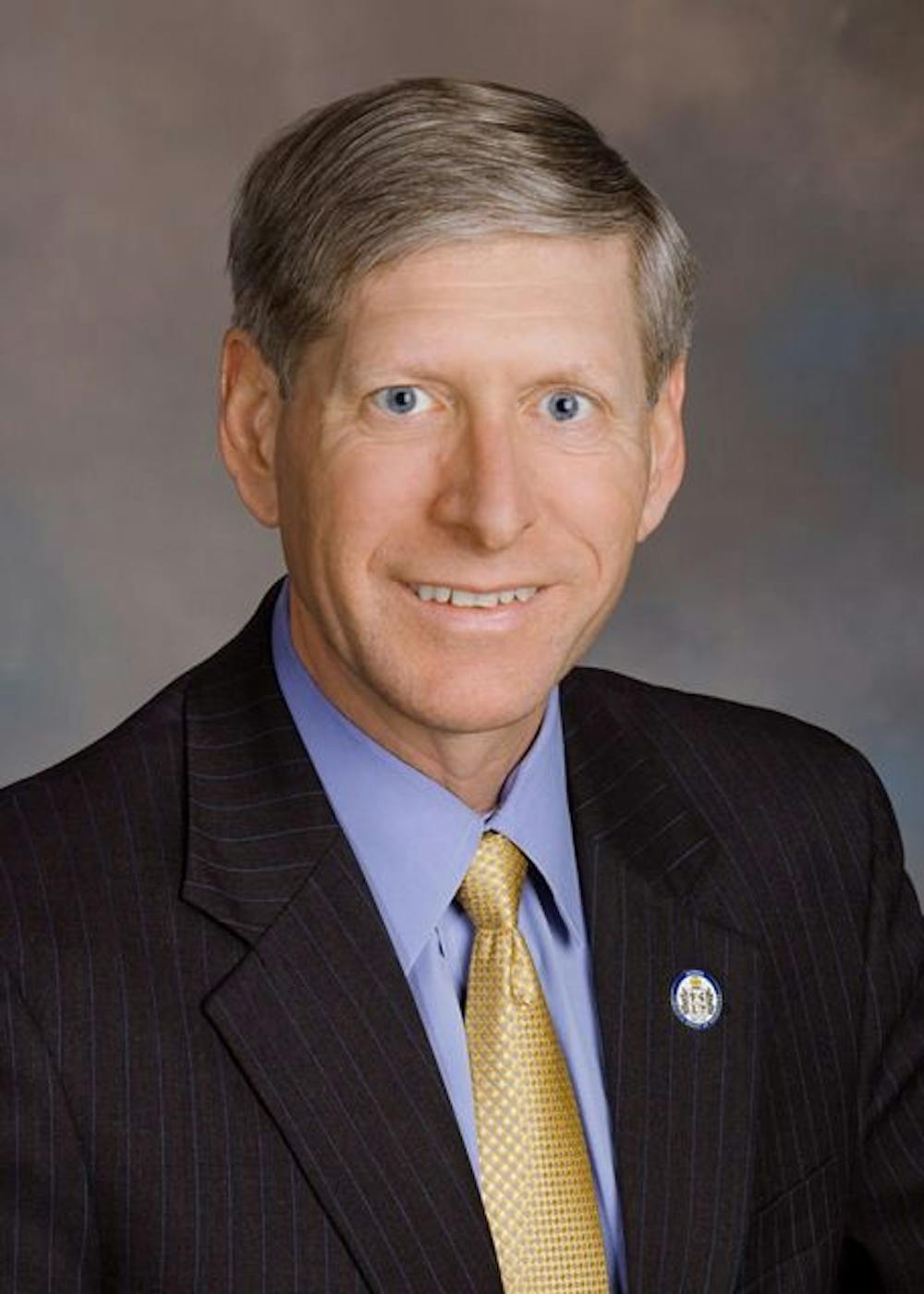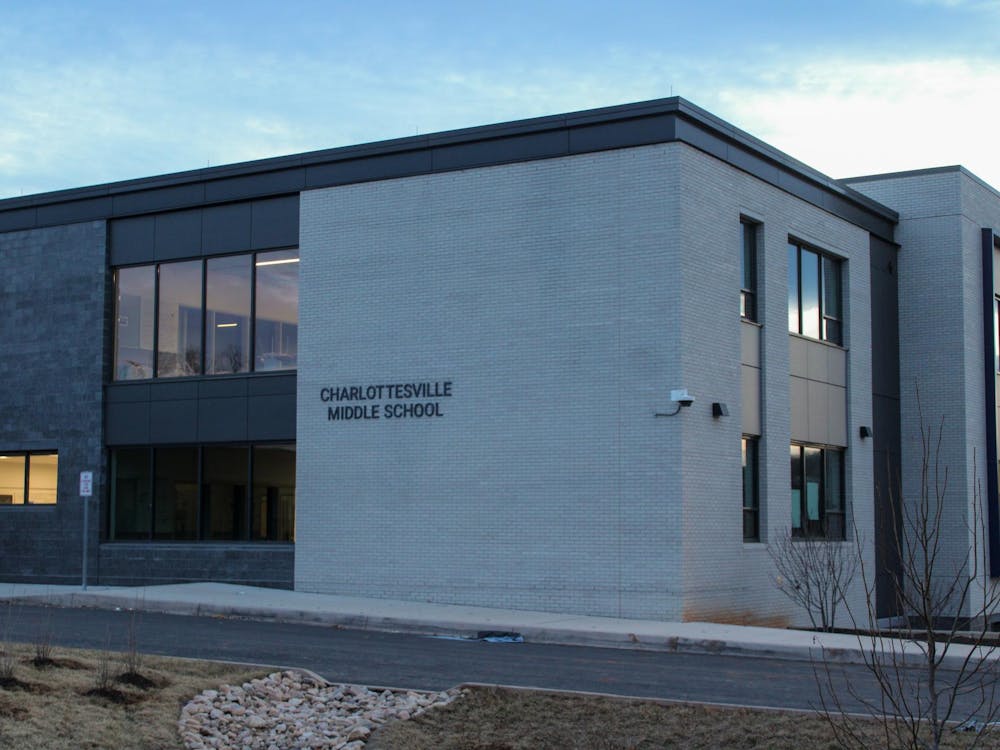A Virginia State Senate subcommittee passed HB 1401 Tuesday — a proposed law meant to prohibit any public university from abridging the freedom of any individual to speak on campus. This includes individuals, students, faculty members and guest speakers.
The bill’s chief patron was Del. Steve Landes (R-Weyers Cave), who described it as a more detailed restatement of the First Amendment.
“I think it will allow universities to be able to point to the law and say it’s our goal and the state’s goal to promote free speech and to make sure we’re actively trying to do that,” Landes said. “I think universities can comply with this pretty easily. A couple other statutes already on the books promote free speech for faculty and students, so it would be just a restatement of that policy but also expanding it to include the groups of employees and invited guests.”
The legislation passed the House of Delegates Feb. 2 with a vote of 76-19. It was then sent to the subcommittee on Higher Education within the Senate Committee on Education and Health, where it passed Tuesday afternoon.
“In the political climate, some people feel like they don’t have a voice,” Del. Jennifer Boysko (D-Herndon), a supporter of HB 1401, said. “My intention in supporting it was to say that everybody’s voice matters, and we’re not going to tolerate shutting opinions down.”
Boysko said that she saw HB 1401 as more of a symbolic gesture in support of free speech on college campuses than an attempt to break new ground.
“Everybody should have a voice, even if we don’t agree with them,” Boysko said.
Support of the legislation was not universal, however. Some view the bill as overly regulatory or simply unnecessary. Delegate John Bell (D-Loudoun) was one of 19 House Delegates who voted against the House’s passage of HB 1401, calling it repetitive.
“The Constitution guarantees free speech, I don’t know why we would need to guarantee it a second time,” Bell said. “One of the issues we often face in the legislatures is people will ask ‘what’s the problem this seeks to solve?’ or ‘why is this needed?’ In my opinion, based on what we already have, with the Constitution, this is a solution looking for a problem.”
He also said he was concerned the bill’s problem-seeking could result in more instances of hate speech.
"Now the other secondary factor is this could open the door to bad things,” Bell said. “People were saying hateful remarks or doing improper things, I don’t want to encourage that and this bill in some ways could encourage that."
This bill comes about in light of the larger, highly polarized nature of a public debate over free speech on college campuses.
Protests erupted at the University of Berkeley Feb. 1, for example, in response to Breitbart News editor Milo Yiannopoulos being invited by the Berkeley College Republicans to speak on campus. When the demonstrations turned violent, Berkeley announced the cancellation of the appearance via Twitter.
Opponents of the speech called for the event to be cancelled, citing controversial comments and what they considered to be hate speech from Yiannopoulos. President Donald Trump, however, criticized the university for what he said was an attempt to silence free speech.
Landes described HB 1410 as a way to encourage universities to develop policies pertaining to guest speakers.
“There have been some issues, not in Virginia but on other campuses, where faculty or speakers that have been invited onto campus are not allowed to speak by groups infringing on their First Amendment rights,” Landes said.
The bill is yet to pass out of the senate.







